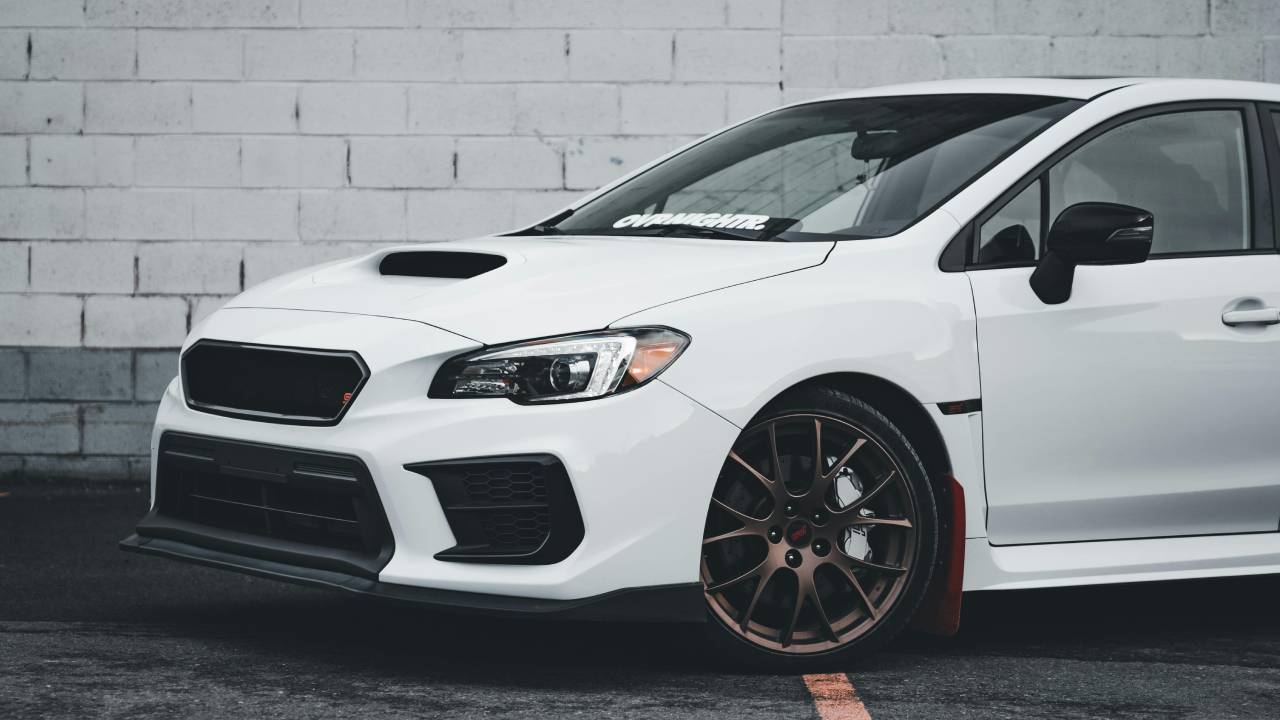When it’s time to say goodbye to your car, selling it to a wrecker can be a practical and fast option, especially if it’s no longer in great condition. However, just because your car might seem like it’s at the end of its life doesn’t mean you can’t maximize its value. By taking a few extra steps before selling, you can get the best possible deal from a wrecker and leave with more money in your pocket.
This guide outlines the factors that affect your car’s value and actionable tips to boost it, so you can confidently negotiate with wreckers and get the payoff your vehicle deserves.
Why Sell to a Wrecker?
Selling to a wrecker has become an increasingly popular trend. Wreckers, often referred to as salvage yards or auto recyclers, purchase vehicles primarily for their parts and scrap metal. These businesses dismantle cars, recycle usable components, and ensure that the materials from your old ride don’t go to waste.
The primary benefit of selling to a wrecker is convenience. Even if your car isn’t roadworthy, a wrecker will likely tow it away for free and pay you for its parts. It’s faster and simpler than listing your car for sale privately, where it may sit unsold for months.
However, this convenience doesn’t mean you should settle for a mediocre offer—there are ways to ensure you get top dollar, even at the wrecker’s lot.
Factors That Affect Your Car’s Value
Before you maximize your car’s value, it’s important to understand what influences how much a wrecker might offer for it.
1. Age
The older the car, the lower its value, as outdated components are in less demand.
2. Mileage
Cars with higher mileage often see lower payouts, as parts like engines and transmissions may show significant wear.
3. Condition and Damage
How well your car has been maintained plays a huge role. Visible dents, rust, or mechanical issues can all reduce value.
4. Market Demand for Parts
The make and model of your car may impact its worth. Popular vehicles with high demand for parts yield higher offers.
5. Scrap Metal Prices
If your car is primarily being sold for scrap, fluctuating scrap metal market rates will affect what you walk away with.
By addressing as many of these factors as possible, you can not only make your car more appealing to wreckers but also leverage a higher price.
How to Maximize Your Vehicle’s Value Before Selling
Follow these practical steps to get more from your deal when selling your car to a wrecker.
1. Stay on Top of Maintenance and Servicing
A well-maintained car—regardless of age—always fetches a better price. Ensure you’ve stayed up to date with routine servicing, such as oil changes, tire rotations, and brake checks. Consider repairing any glaring issues, like malfunctioning lights or squeaky brakes, to make the car appear more functional. Even if the wrecker isn’t planning to resell the vehicle, a car in good condition has more value to them in parts.
Pro Tip: Collect any maintenance records or receipts to provide proof of care. This documentation will demonstrate the vehicle’s upkeep and reassure the wrecker of its condition.
2. Touch Up Minor Damages
A clean, scratch-free car often inspires higher offers. While you don’t need to completely restore the vehicle, fixing small details can make a big difference. Consider tasks like these before selling:
- Buff out scratches from the paint.
- Replace cracked mirrors.
- Clean or replace dirty floor mats.
Cleaning your car thoroughly inside and out improves its aesthetic appeal and shows wreckers that you’ve taken good care of it, which can work in your favor during negotiations.
3. Upgrade Key Components
If the goal is to maximize value, upgrading certain components can be worthwhile. For example:
- Replace worn-out tires with ones in slightly better condition.
- Fix or upgrade the car’s battery, particularly if it has difficulty starting.
- Repair broken windows or electronic components (e.g., power locks).
These changes may seem insignificant but can raise your car’s perceived value, especially if parts like the tires or battery are in demand.
4. Organize Your Paperwork
Paperwork is often overlooked, but it plays a critical role in finalizing the deal. Make sure you have the following on hand:
- Vehicle title or proof of ownership
- Service and maintenance records
- Registration documents
Having your paperwork in order makes the process smoother and demonstrates professionalism, which may help you get a more favorable offer.
5. Remove Personal Belongings and Add-ons
Check every nook and cranny of your vehicle to ensure all personal items are removed. Don’t forget hidden storage compartments, gloveboxes, and under-seat bins. Additionally, remove any aftermarket add-ons (like custom seat covers or roof racks) that you can reuse or sell separately.
6. Do Your Research and Compare Quotes
Getting quotes from multiple wreckers is one of the simplest but most effective strategies to ensure you’re getting a fair deal. Remember, not all wreckers operate the same way—some may value certain brands, models, or parts more than others.
When contacting wreckers, be honest about your car’s condition but compare different offers to identify the most competitive one. Use this insight to leverage better negotiation power.
Tips for Negotiating a Fair Price with Wreckers
Negotiation is an essential part of selling your car to a wrecker. Here are some expert tips to help you tackle this step like a pro:
- Get quotes from at least three different wreckers and use their figures as leverage.
- Highlight any upgrades or recent maintenance to justify your asking price.
- Share details on high-value components (e.g., an upgraded sound system or a new engine).
- Be polite but firm during conversations. Remember, the goal is to work out a win-win deal.
Real Success Stories
Jason’s Experience
Jason shared how repairing a few key scratches and cleaning out his old Toyota Corolla added $300 to the offer he received from a local wrecker. “They commented that the car looked well-kept for its age, which definitely worked in my favor.”
Priya’s Example
Priya took the time to reach out to five different wreckers before accepting a deal. After mentioning she recently replaced her engine, the offer increased by 25%.
These real-life examples prove the value of preparation and effort when selling to wreckers.
Final Thoughts: Care Pays Off
While selling your car to a wrecker may seem like the last stop in its life, putting in some care and preparation can pay off significantly. From mastering maintenance to conducting successful negotiations, these actionable tips are designed to help you maximize your vehicle’s worth.
Looking to boost your car’s value before saying goodbye? Share your favorite tips or questions in the comments below—we’d love to hear from you!

